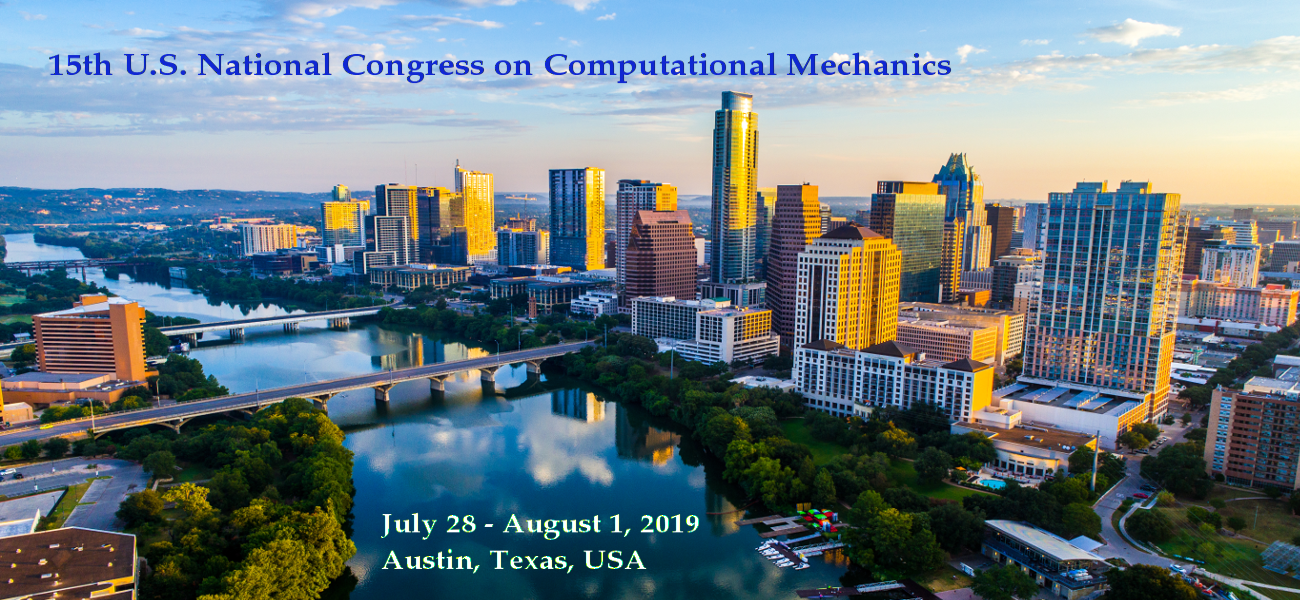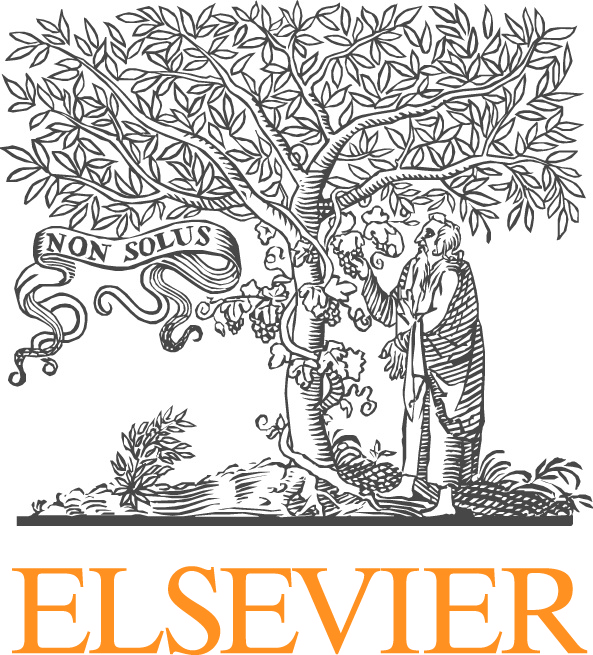Alireza Doostan, University of Colorado, Boulder
Subhayan De, University of Colorado, Boulder
Kurt Maute, University of Colorado, Boulder
Design optimization of complex engineering systems requires understanding and modeling of the underlying physical phenomena and their interactions. In addition, uncertainties and their influences on the objective and constraints need to be considered, in order to achieve a robust design. Such uncertainties are typically due to intrinsic variabilities in the system or manufacturing processes as well as the lack of knowledge in precisely describing the governing physics in terms of mathematical/computational models. However, accounting for uncertainty in the optimization process requires, for example, to compute the statistical moments of the objective, which may lead to high computational costs. To alleviate this issue, approaches based on reduced order modeling, multi-level and multi-fidelity formulations, stochastic gradients, and so on have been developed. Use of such approaches, however, requires a careful examination of the adopted optimization method and its algorithmic parameters. The primary focus of this mini-symposium will be on recent developments in computational techniques for shape, topology, and PDE-constraint optimization of engineering systems in the presence of uncertainty. This includes novel optimization algorithms and methods, numerical and computational challenges, as well as applications to engineering problems.







